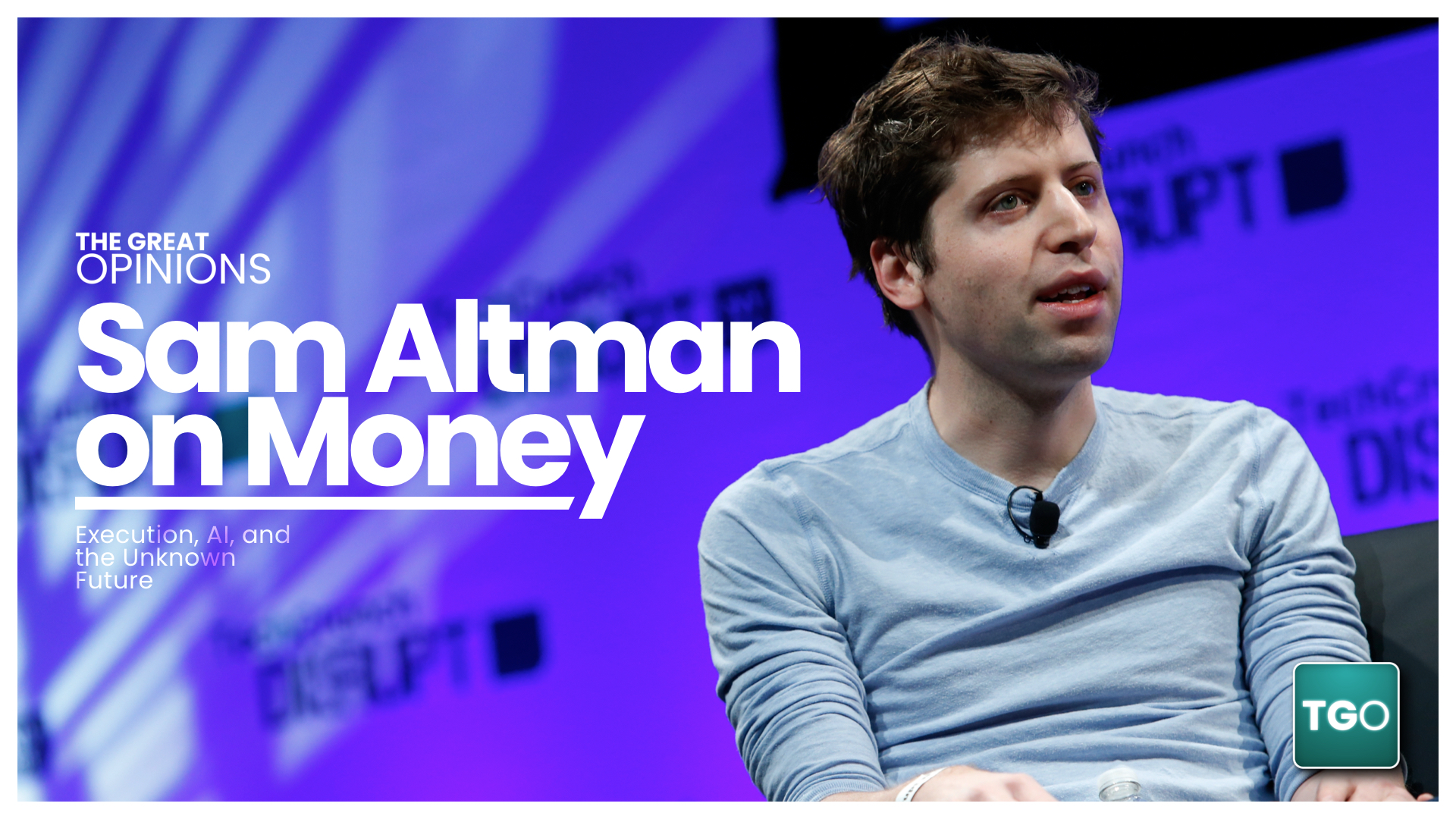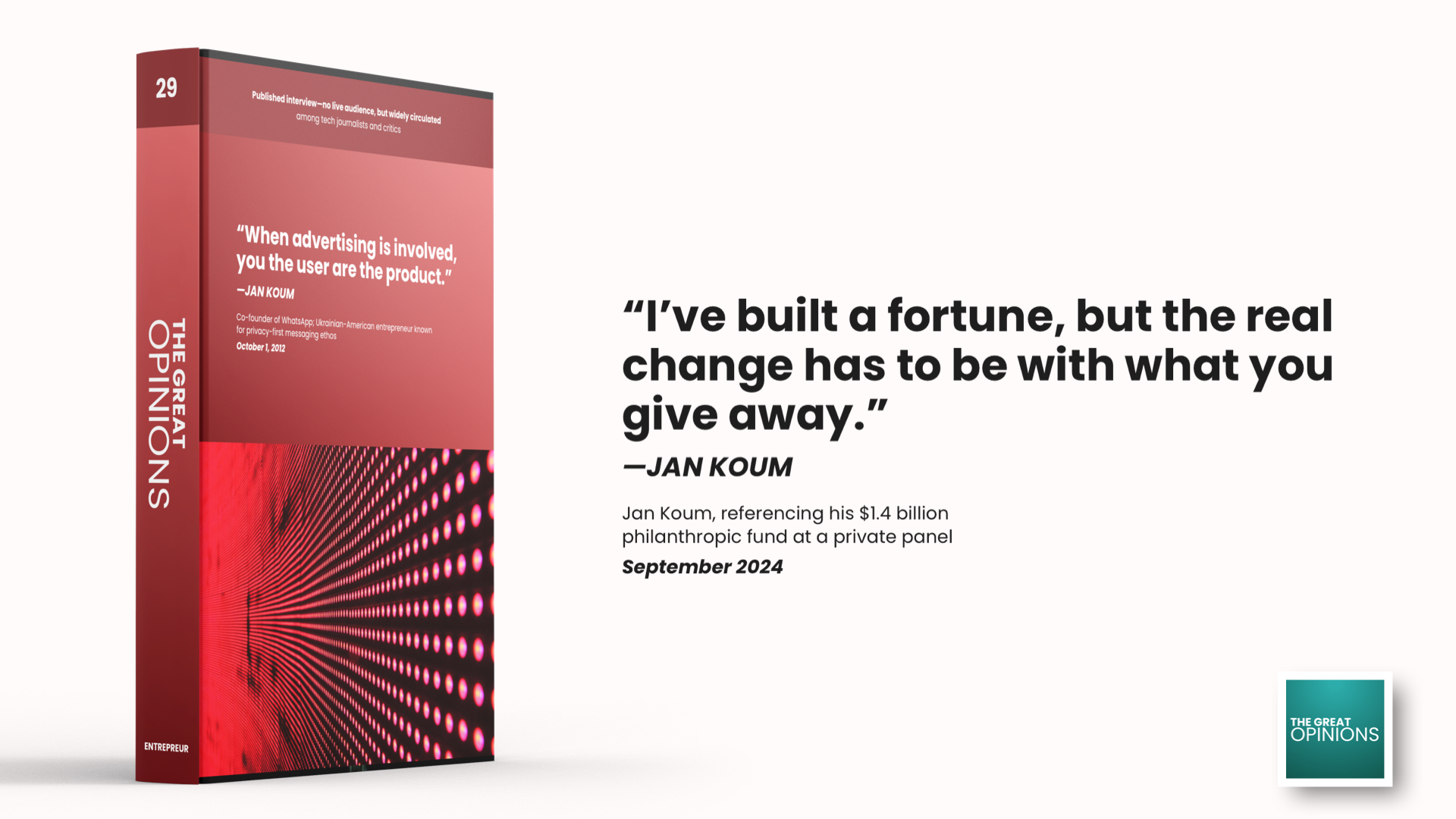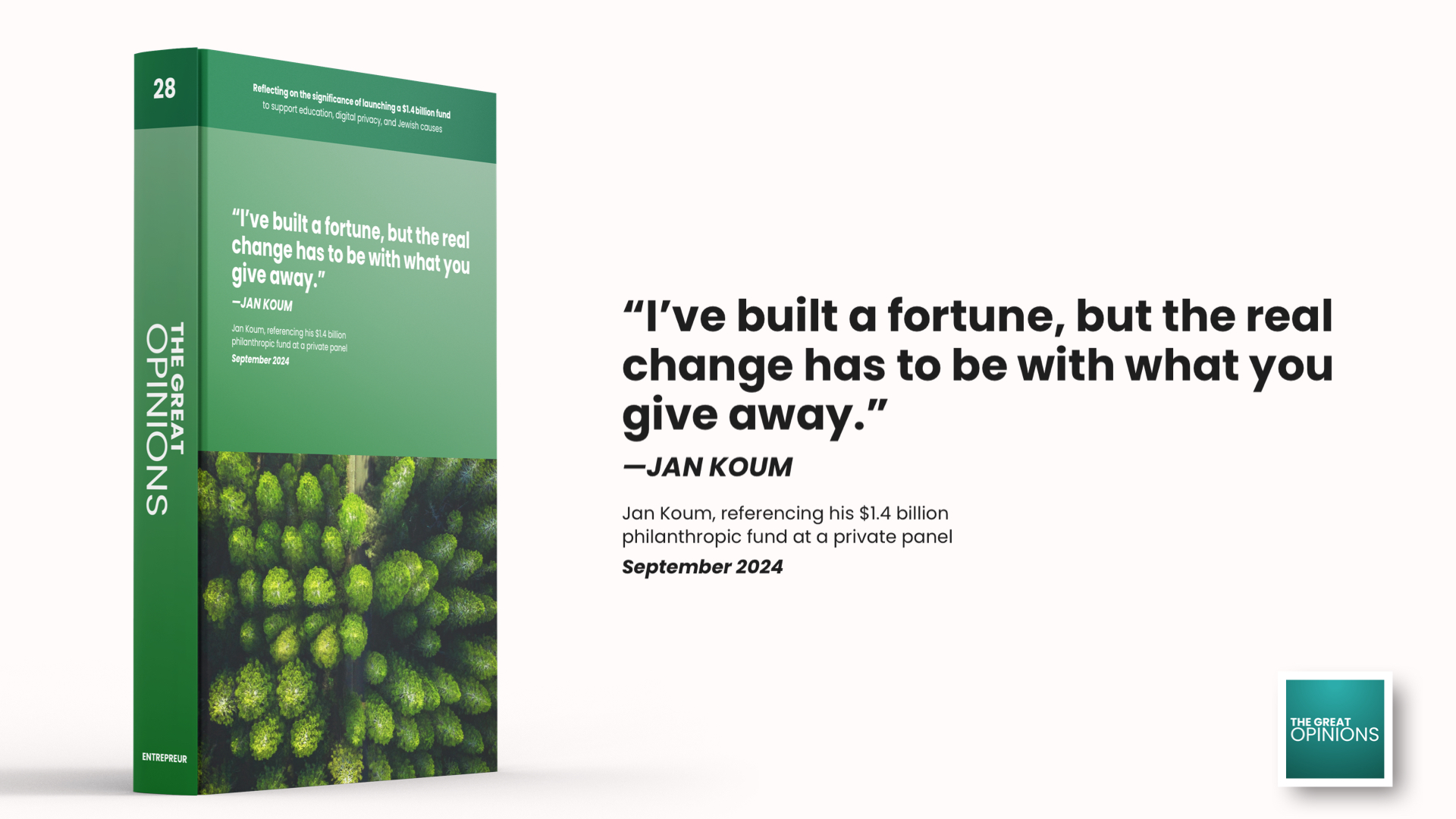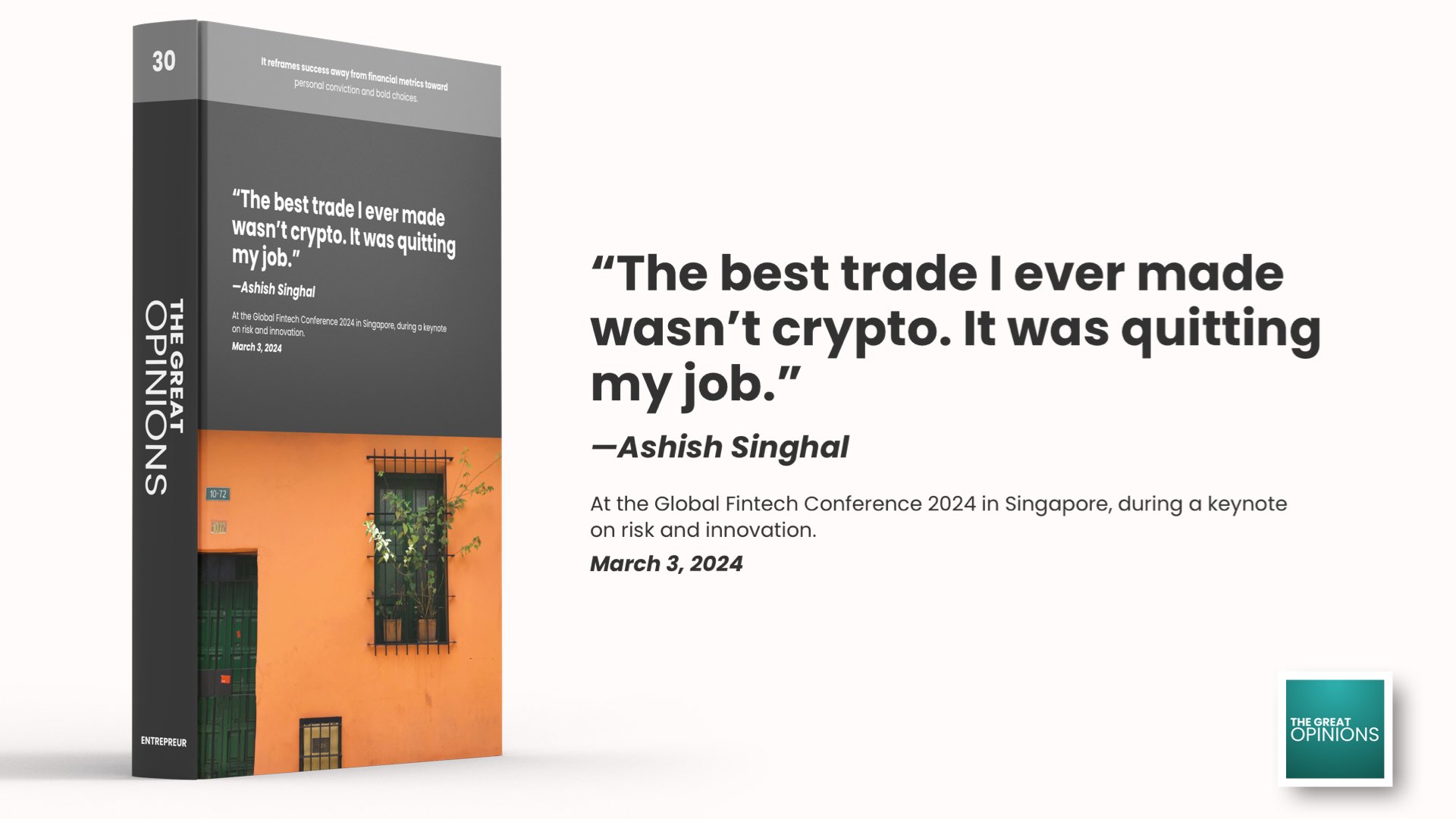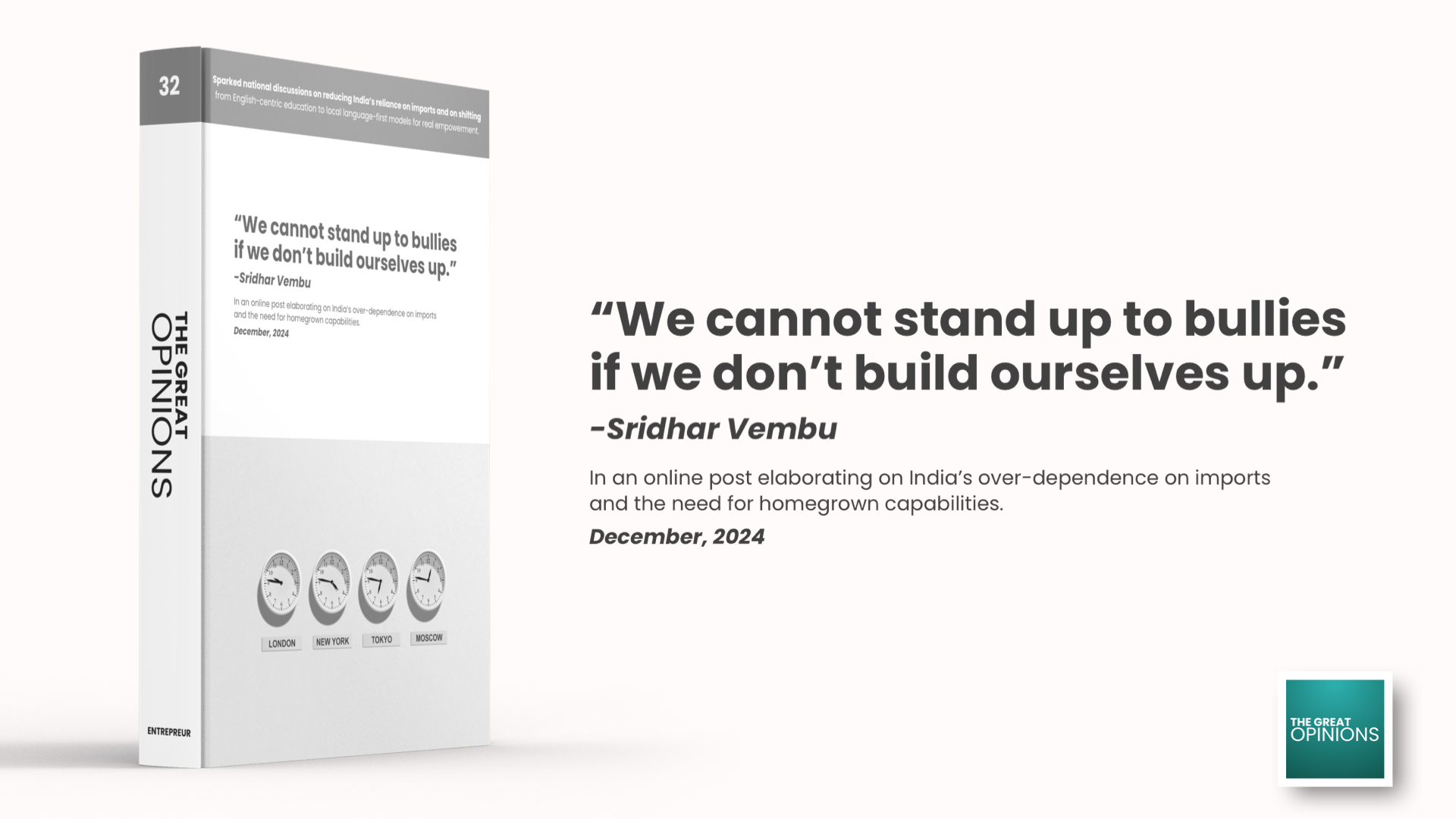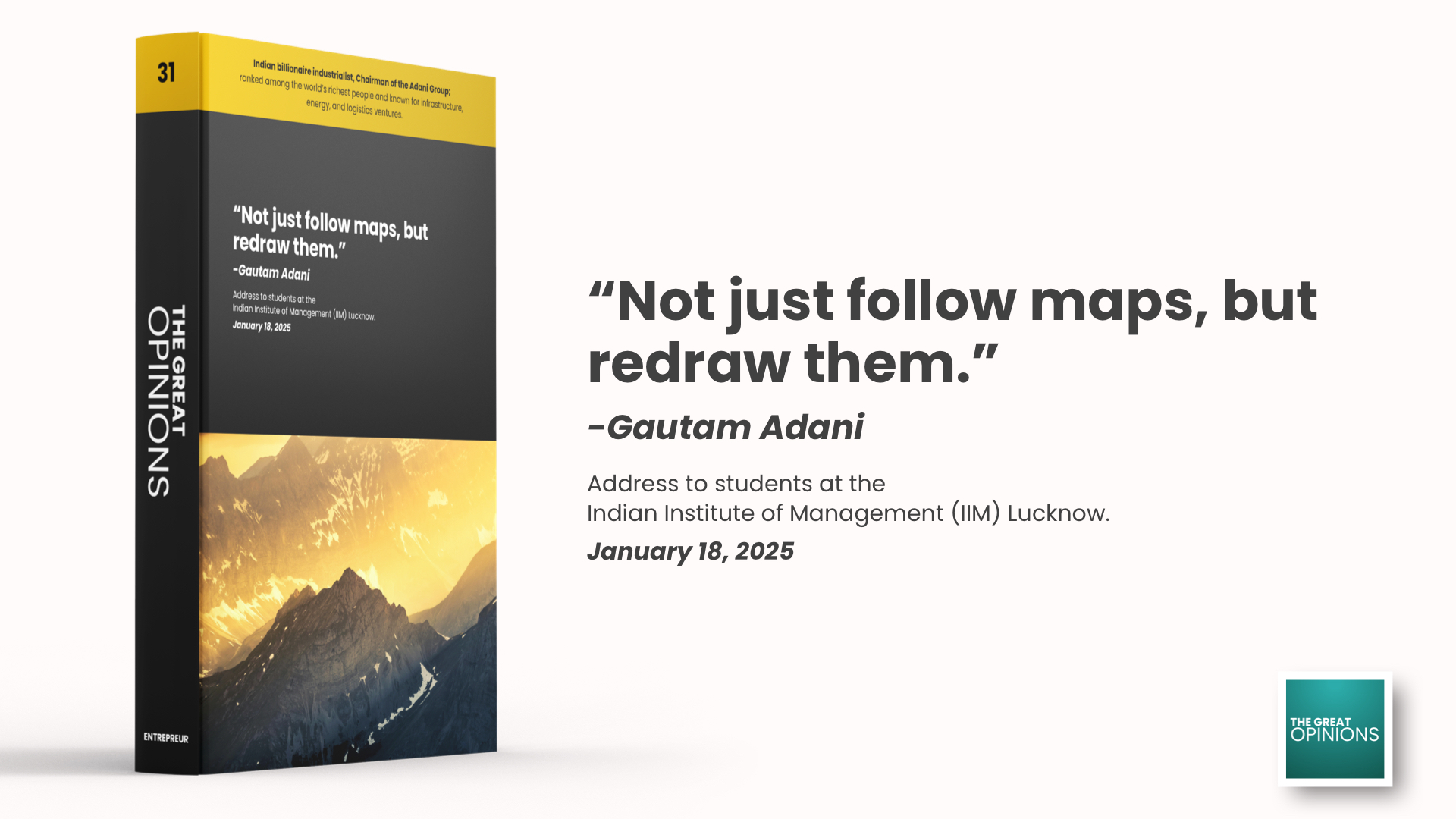| Topic | Details |
| Who is Jan Koum? | Co-founder of WhatsApp; Ukrainian-American entrepreneur known for privacy-first messaging ethos |
| Education | Dropped out of San Jose State University while working at Yahoo |
| Relation to Net Worth | Billionaire post-Facebook acquisition; famously anti-ads and cautious of monetizing user data |
| Famous Quote | “When advertising is involved, you the user are the product.” |
| Where It Was Said | In an interview with Wired Magazine, 2012 |
| Date of Quote | October 1, 2012 |
| Occasion/Setting | Feature interview on WhatsApp’s vision and monetization policy |
| Witnesses | Published interview—no live audience, but widely circulated among tech journalists and critics |
| Why It Matters | Defined WhatsApp’s product philosophy and shaped early trust with users |
| Published By | Wired, later cited by Forbes, The Verge, Business Insider |
| Impact | Widely quoted by privacy advocates; became a defining argument against ad-based business models |
From Silence to Spotlight – A Founder’s Rare Words
In the entire landscape of Silicon Valley, Jan Koum has always stood out—not because he seeks attention, but because he so carefully avoids it. In December 2012, long before WhatsApp became a global messaging juggernaut, Koum sat down for a rare interview with Wired magazine. There were no marketing teams orchestrating the moment, no flashbulbs or staged press kits—just a quiet man in a gray hoodie explaining why the product he built would never have ads.
He leaned back, almost casually, and dropped a sentence that would echo through the halls of tech ethics for years:
“When advertising is involved, you the user are the product.”
It wasn’t said like a soundbite. It was a truth he’d carried with him for decades.
The Roots of a Radical Belief
Koum’s formative years in Ukraine shaped his views on privacy. Born in 1976 in a small village near Kyiv, he grew up in a world where surveillance was not a choice. The KGB was a looming presence, and personal information was currency—and danger. After immigrating to Mountain View, California, with his mother at the age of 16, Koum worked his way up from food stamps to a job at Yahoo, eventually working under the wing of Brian Acton.
Those early years at Yahoo, ironically, exposed him to the very world of advertising he would later reject. Banner ads, user profiling, targeting—it felt manipulative to Koum. He didn’t hate the business. He just didn’t want to build a product on that foundation.
The WhatsApp Philosophy: No Ads, No Gimmicks
By the time Koum and Acton launched WhatsApp in 2009, they had already made up their minds:
No ads. No games. No gimmicks. Just fast, secure, private messaging.
In his interview, Koum described it as an extension of respect:
“People just want to send a message to their family. Why should they be sold?”
The interview became a manifesto. WhatsApp’s original About section even carried the sentence, “No Ads! No Games! No Gimmicks!”
But Koum’s resistance wasn’t just about product philosophy. It was about the soul of the internet.
The Interview That Became a Rallying Cry
The Wired interview quickly went viral. Engineers in Palo Alto printed the quote and stuck it on office walls. European privacy groups cited it as a gold standard. Even Apple’s Tim Cook, in a later keynote, echoed a similar sentiment—though without naming Koum directly.
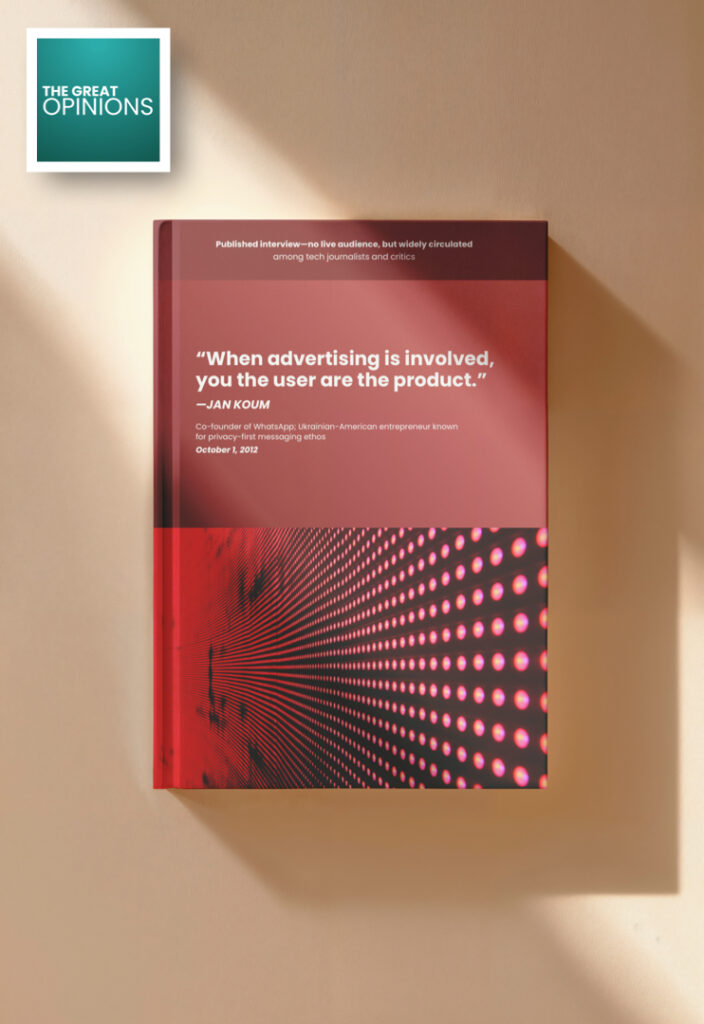
Journalists asked Koum why he wouldn’t just insert unobtrusive ads and make billions more. His answer:
“It’s not about what’s easy. It’s about what’s right.”
It was a radical stance—especially at a time when Facebook, Google, and Twitter were doubling down on ad-tech innovation. In fact, when Facebook acquired WhatsApp in 2014 for $19 billion, many feared the philosophy would be compromised.
But Koum insisted on writing his “no ads” clause into the acquisition agreement.
The Slow Fracture Post-Acquisition
For a while, Facebook respected the wall. But gradually, pressures grew. Monetization plans crept in. Business APIs, talk of integrating WhatsApp with Facebook’s ad infrastructure—it all signaled change.
Koum held his ground. But in 2018, disillusioned and quietly resolute, he left WhatsApp.
Industry insiders later revealed that he chose departure over dilution. That single quote from 2012 had not just shaped a company—it had become the standard he would not betray.
Why This Interview Still Matters Today
In today’s world of algorithm-driven feeds, targeted ads, and monetized behavior, Koum’s quote rings louder than ever. It speaks to a digital philosophy that prioritizes the user over revenue, ethics over expansion.
His quote appears today in university classrooms, privacy manifestos, and even in courtroom testimonies in antitrust lawsuits.
Despite WhatsApp’s evolution under Meta, the roots Koum planted still hold influence. Signal, Telegram, and other encrypted messengers have borrowed heavily from his blueprint.
Koum’s Quiet Legacy
Koum hasn’t given many interviews since leaving WhatsApp. He lives quietly, reportedly collecting Porsches and sailing in his superyacht—but rarely gives public commentary. Yet, his sparse words from 2012 still spark new debates in an era driven by data capitalism.
The quote doesn’t just define an app. It defines an era—when one man, with no marketing budget and no investors, tried to build something invincible and humane.
Net Worth Versus Net Principles
While Koum’s net worth soared past $10 billion post-acquisition, his identity remained rooted in a principle: don’t make users pay with their attention.
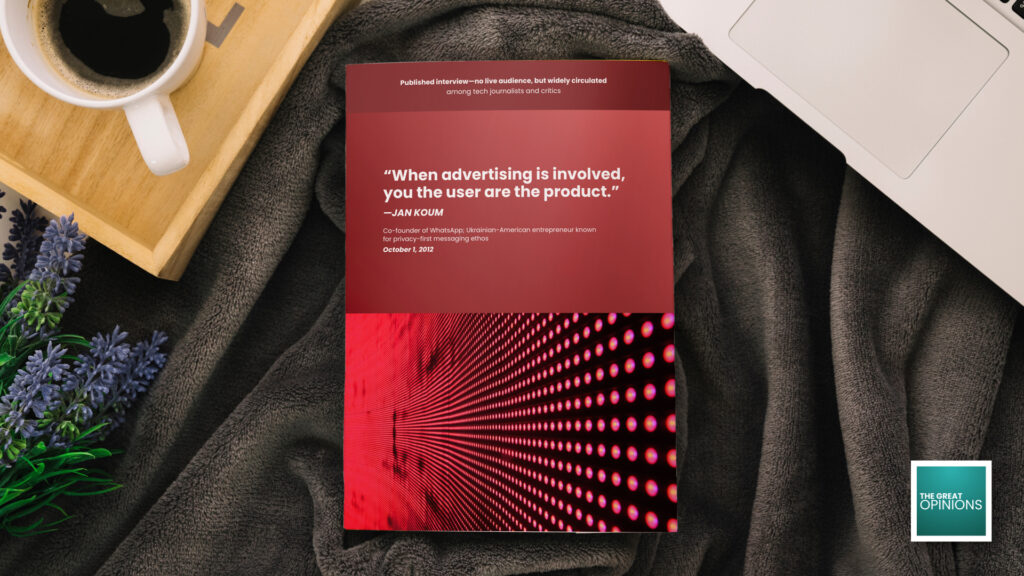
That singular interview is often overshadowed by headlines about deals and departures. But it’s that quiet moment, in a sterile conference room in 2012, that still holds weight.
Because in that moment, Jan Koum wasn’t just defending a product.
He was defending the internet.
Sources:
https://en.wikipedia.org/wiki/Jan_Koum
https://twitter.com/jankoum?lang=en
https://buildd.co/startup/founder-stories/jan-koum
https://advisorycloud.com/blog/uncovering-the-jan-koum-secrets-to-success

